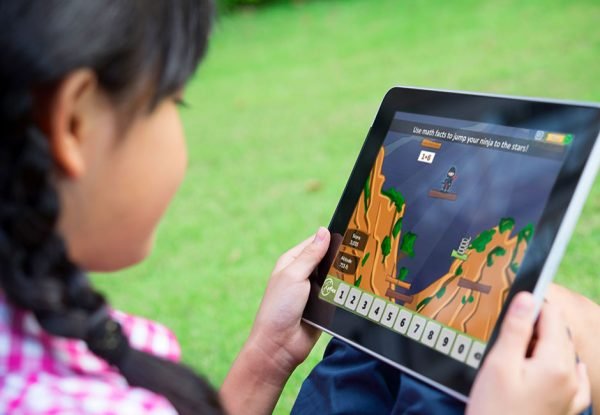Is Studying Arabic Worth It?

The world we currently live in is one of globalization and international connectivity. Communicating effectively with people from different backgrounds and cultures is valuable, especially when mastering foreign languages. In today’s globalized world, learning the Arabic language can be a rewarding experience.
Advantages of Studying Arabic
Economic Advantages of Learning Arabic
Learning Arabic can economically benefit individuals looking to grow in business, engage in international trade and commerce, or access lucrative markets. It allows them to communicate more effectively with clients from different countries and build better relationships. This opens up opportunities to expand their networks and gain access to various trade agreements between countries that use Arabic as their common language. It is especially true for those in the Middle East and North Africa. With these advantages come various opportunities for personal and professional growth.
In tourism, knowledge of Arabic can help those exploring foreign cultures and destinations. Speaking and understanding the language allows travelers to interact with locals easily and gives them access to authentic experiences that other tourists may not have the chance to experience. It may also make it easier to find jobs or internships related to the tourism sector in Arab countries.
Arabic as a Tool for Diplomacy and Global Understanding
Learning Arabic can be invaluable for fostering understanding and cooperation between different cultures. International organizations like the United Nations, where many of the countries use Arabic to communicate with one another, are good examples of this. Speaking a common language allows people from diverse backgrounds to bridge cultural divides and understand each other’s perspectives on major global issues. Knowing Arabic can be a powerful asset in diplomatic negotiations, providing diplomats with an advantage when advocating for their country’s interests. It may also provide insight into other cultures and religions that use it as a primary language, allowing those who study it to gain new insights into different ways of thinking.
How to Learn Arabic
Learning the Arabic language can seem daunting, but gaining fluency is achievable with the right approach and resources. While traditional classroom instruction offers comprehensive lessons in Arabic, many online courses are now available for language learners. To gain true fluency in Arabic, immersing oneself in the language helps you learn faster. You can do this by studying abroad or talking to native speakers. With dedication and hard work, anyone can become fluent in Arabic.
There are several different dialects of Arabic, and students should decide which one they would like to focus on learning. Egyptian Arabic is one of the most widely used dialects, but there are others to be considered as well.
Rewards of Learning the Arabic Language
Learning the Arabic language can get personal, economic, or diplomatic gains. The ability to understand the language may give economic and cultural benefits. It allows people to know and emerge themselves in the Arab world more fully. It is a tool for fostering understanding between different cultures and promoting global peace. With the right approach and resources, anyone can learn this language and gain valuable skills.



